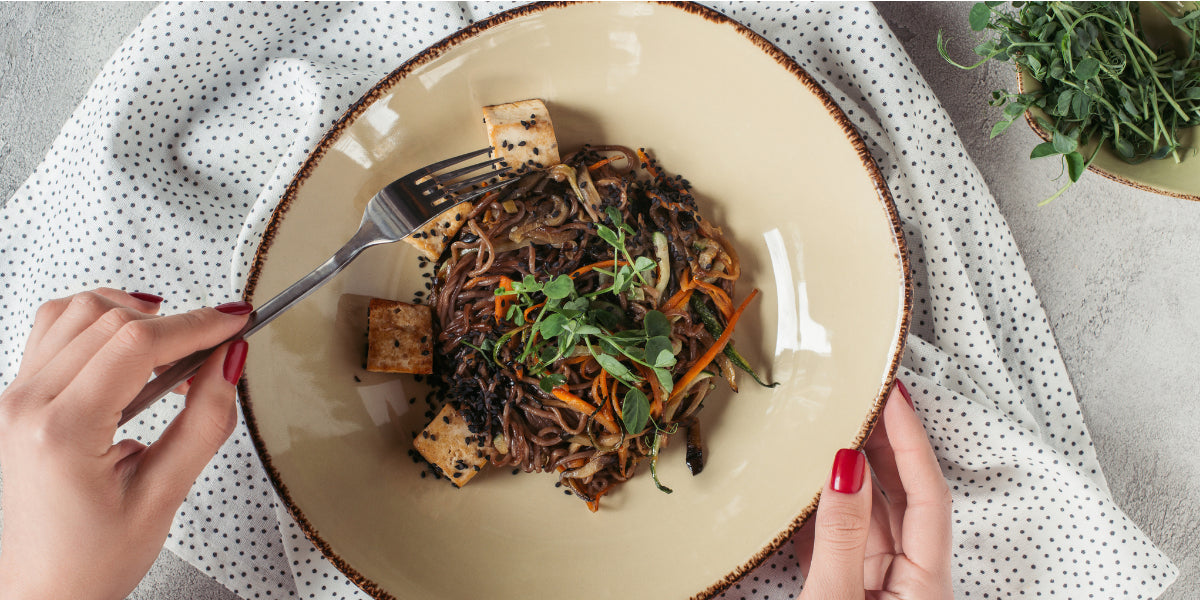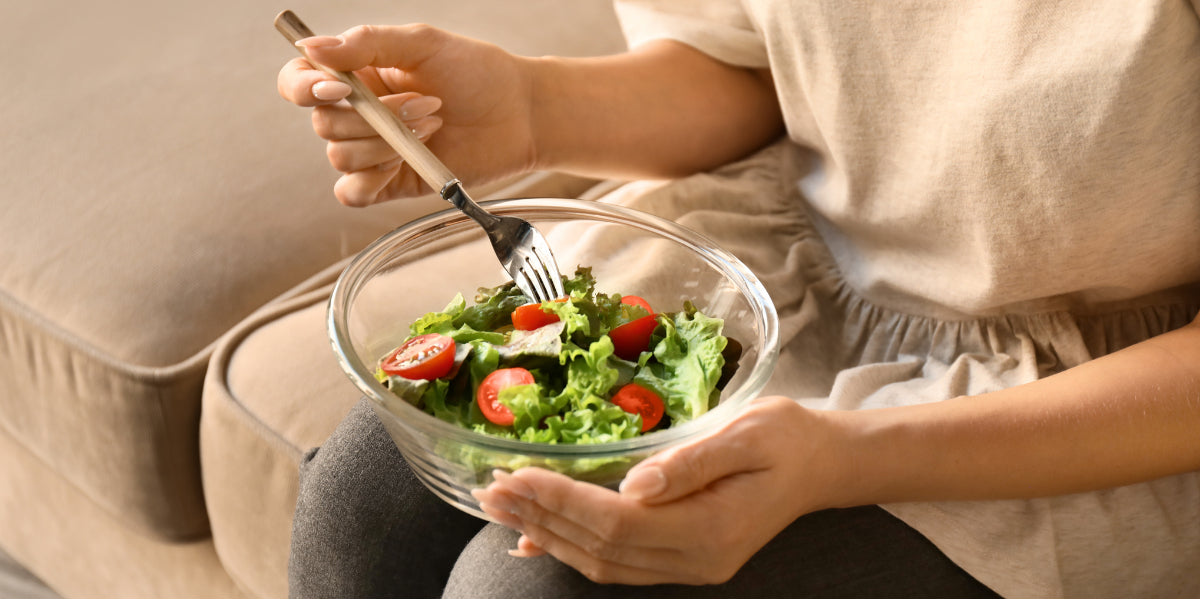Many people prefer to start their day with some physical activity, as it could boost their mood, energy, and metabolism. However, choosing what to eat before a morning workout could be tricky, as different factors may influence the optimal pre-workout meal.
The main three factors are your fitness goals, the type of workout you are doing, and how your body responds to food. Whether you want to lose weight, gain muscle, or improve your endurance, the meal you prep is completely dependent on your preferred results. Each of your workouts may require different amounts and types of nutrients to fuel your performance and recovery. Some people may feel better exercising on an empty stomach, while others may need some food to prevent low blood sugar levels or muscle breakdown.
There is no one-size-fits-all answer to what to eat before a morning workout, but rather a range of options that you could experiment with and customize to your needs and preferences.
Benefits of a Morning Pre-Workout Meal
After a long night of sleep, your blood sugar levels are lower than when you have recently eaten. This might make you feel sluggish and tired during your workout. Eating a snack or a small meal containing carbohydrates and protein before a morning workout may help provide energy and prevent muscle breakdown.
Carbohydrates are the main source of fuel for your muscles and brain, while protein helps repair and build muscle tissue. A pre-workout meal could also help regulate your appetite and blood sugar levels throughout the day, which may prevent overeating or cravings later on.

What to Eat Before a Morning Workout
The best foods to eat before a morning workout are those that are easy to digest, high in fiber, and contain some protein. You should also avoid foods that are high in fat, sugar, or fiber, as they may cause stomach upset or slow down digestion. Here are some examples of good pre-workout foods for different types of morning workouts:
High intensity, short duration cardio exercise: This includes activities like sprinting, interval training, or cycling that last for 30–45 minutes or less. These types of workouts mostly use muscle glycogen as fuel, so you need to replenish it with carbohydrates before you exercise. Some good options are:
- Old-fashioned Oatmeal
- Whole Grain Peanut Butter and Banana Toast
- Fruit/Yogurt Protein Smoothie
- Fresh cut fruit (especially bananas and apples) with nuts or cheese
Low intensity, long duration cardio exercise: These types of workouts mostly use fat as fuel, so you don’t need as much carbohydrates as for high intensity workouts. However, you still need some carbs to prevent glycogen depletion and maintain blood sugar levels. Activities, such as jogging, walking, or swimming, that last for more than an hour all belong in this category. Some good options are:
- Avocado Whole Grain Toast with Egg
- Greek yogurt with granola and berries
- Cottage cheese with fruit and honey
- Whole grain cereal with low-fat milk and nuts
Strength training: This includes activities like weightlifting, resistance training, or bodyweight exercises that target your muscles. These types of workouts require protein to support muscle growth and recovery, as well as carbohydrates to provide energy and prevent muscle breakdown. Some good options are:
- Cheesy Scrambled Eggs with Spinach
- Chicken or turkey sandwich with lettuce and tomato
- Protein bar or fruit shakes
- Hummus with whole grain crackers and carrot sticks
Optimize Your Nutrition
The timing of your pre-workout meal or snack depends on how much time you have before your workout and how your stomach tolerates food. Ideally, you should eat about 1 to 3 hours before your workout to give your body enough time to digest and absorb the nutrients. However, if you don’t have that much time, you could still eat something light 15 to 30 minutes before your workout to get some quick energy.

Some people may prefer to exercise on an empty stomach in the morning, especially if they have specific performance goals or medical conditions that require fasting. However, this may not be suitable for everyone, as it may cause low blood sugar levels, fatigue, dizziness, or nausea during the workout. If you choose to exercise in a fasted state, make sure to drink plenty of water and eat a balanced meal after your workout to replenish your energy and nutrients.
One way to make the most of your morning pre-workout meal is to use the RENPHO Smart Food Scale 2 to measure and track the nutritional value of your food. It can weigh large volumes of food thanks to its large glass platform, and sync with your smartphone via Bluetooth to display the calories, protein, carbs, fat, sugar, and other nutrients of your food. You could also use the Gennec app to analyze and track food ingredients, and get daily, monthly, or yearly food logs. By using the Smart Food Scale 2, you could easily plan and monitor your pre-workout meals according to your goals and preferences. You could also see how your food intake affects your body composition and health metrics over time.
Renpho Health Tips
-

8 Healthy Fall Recipe Ideas for Your Next Seasonal Party
October 16, 2023
Read more >
-

5 High Calorie Healthy Food Ideas for Weight Gain
October 16, 2023
Read more >
-

How Food Scales Take Meal Prep to the Next Level
June 18, 2023
Read more >
-

Top 5 Diet Tweak Tips for Healthier Gut
May 8, 2023
Read more >
-

5 Biohacking Tips to Manage Your Blood Sugar and Increase Longevity
March 28, 2023
Read more >



































